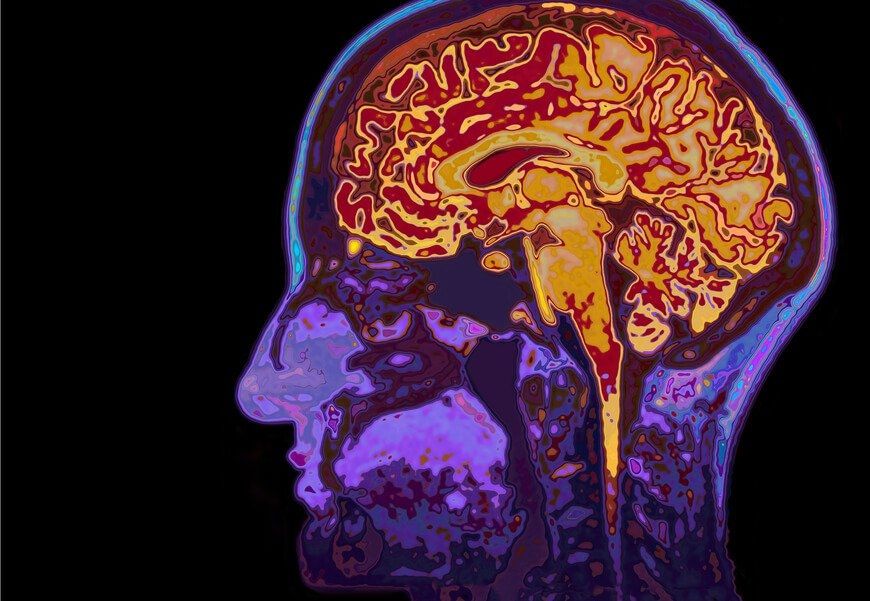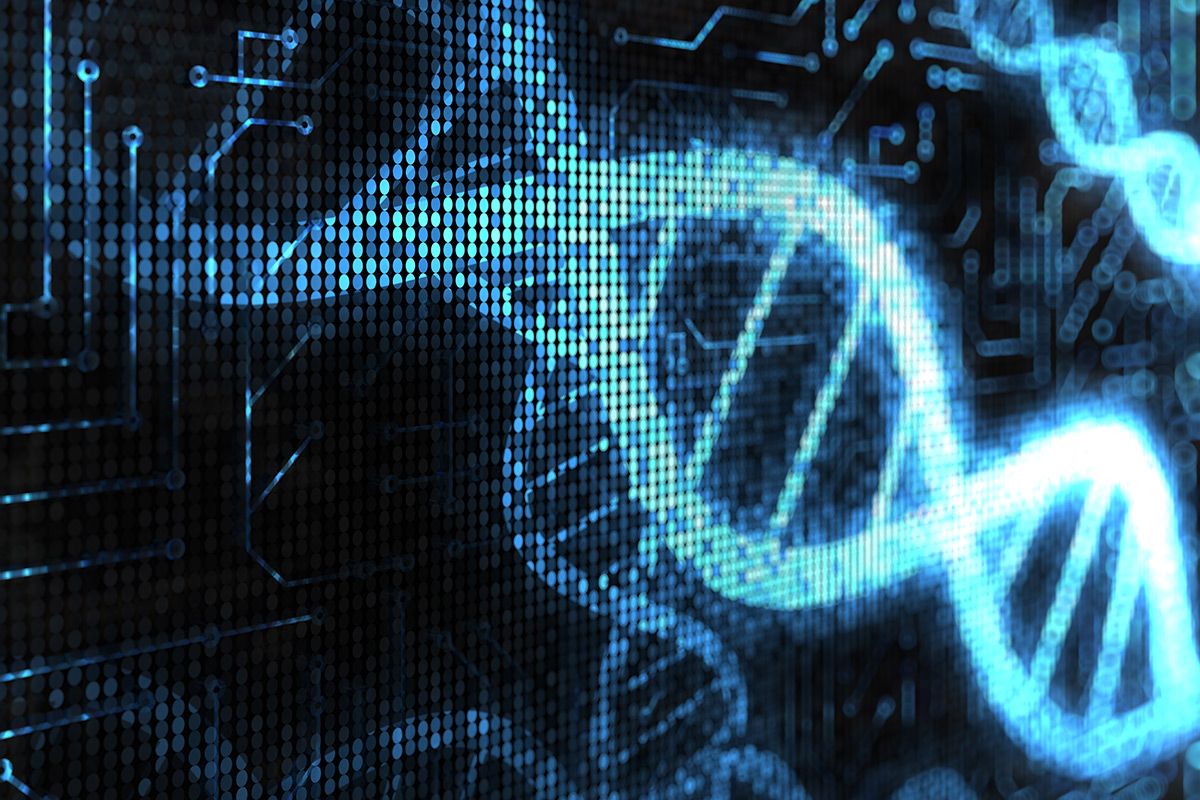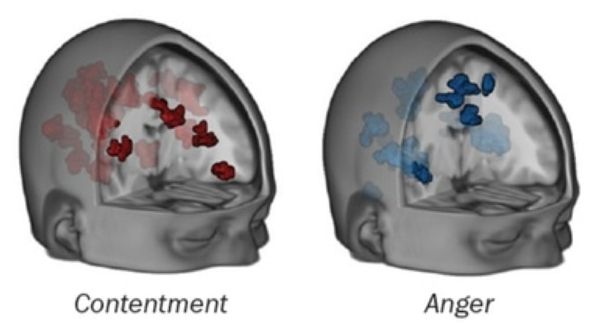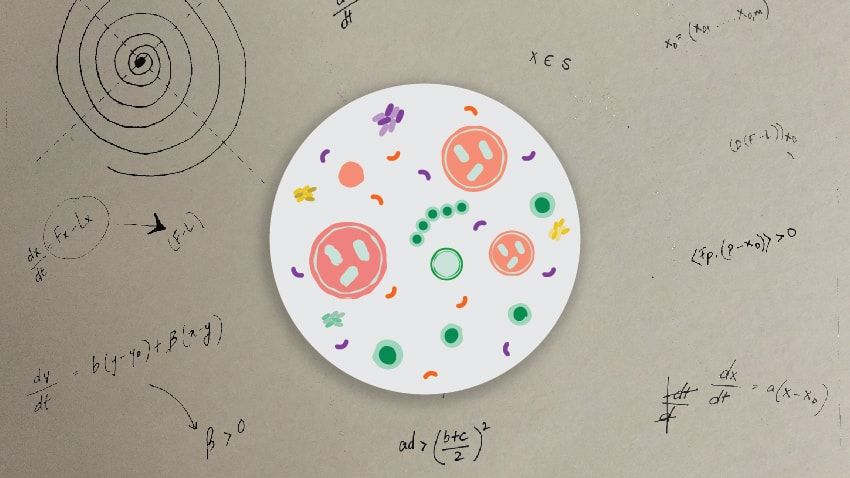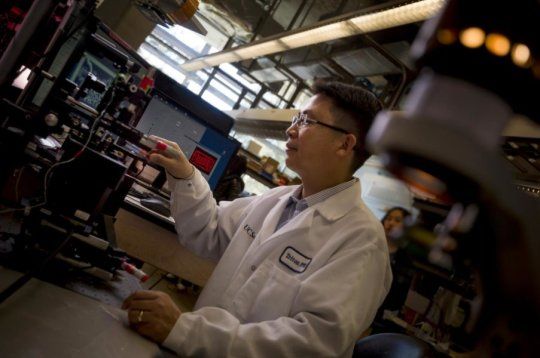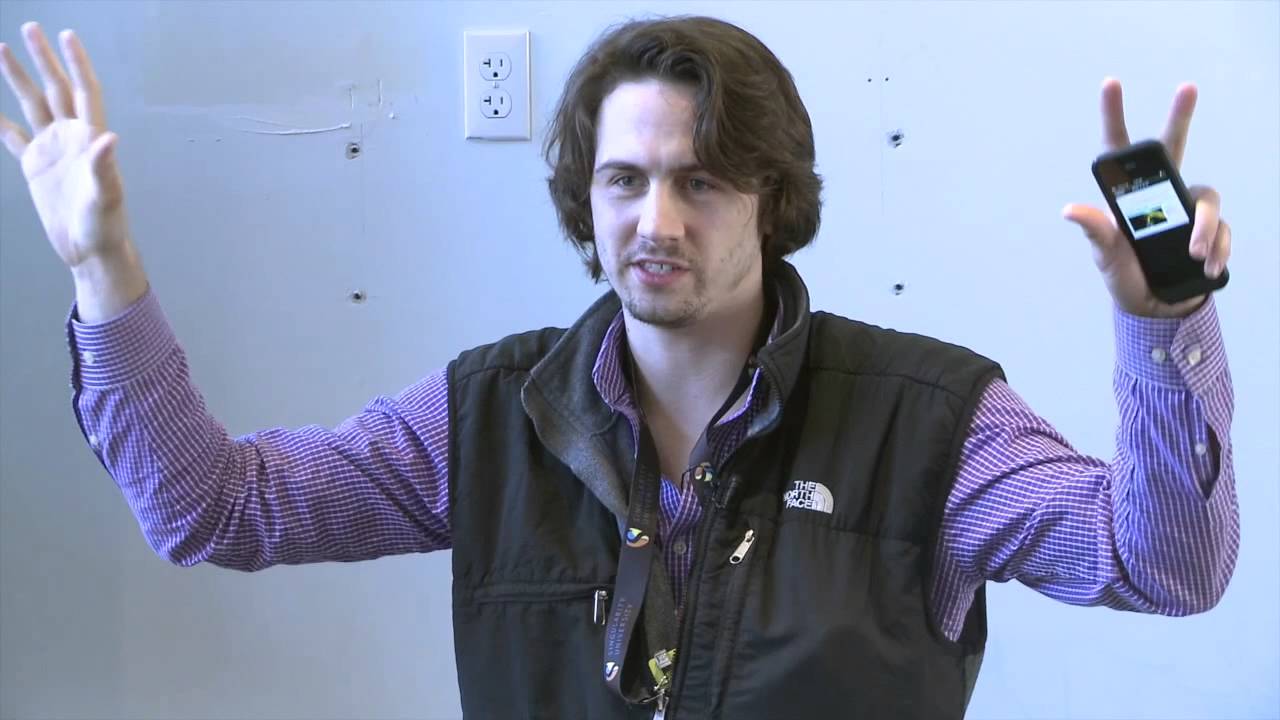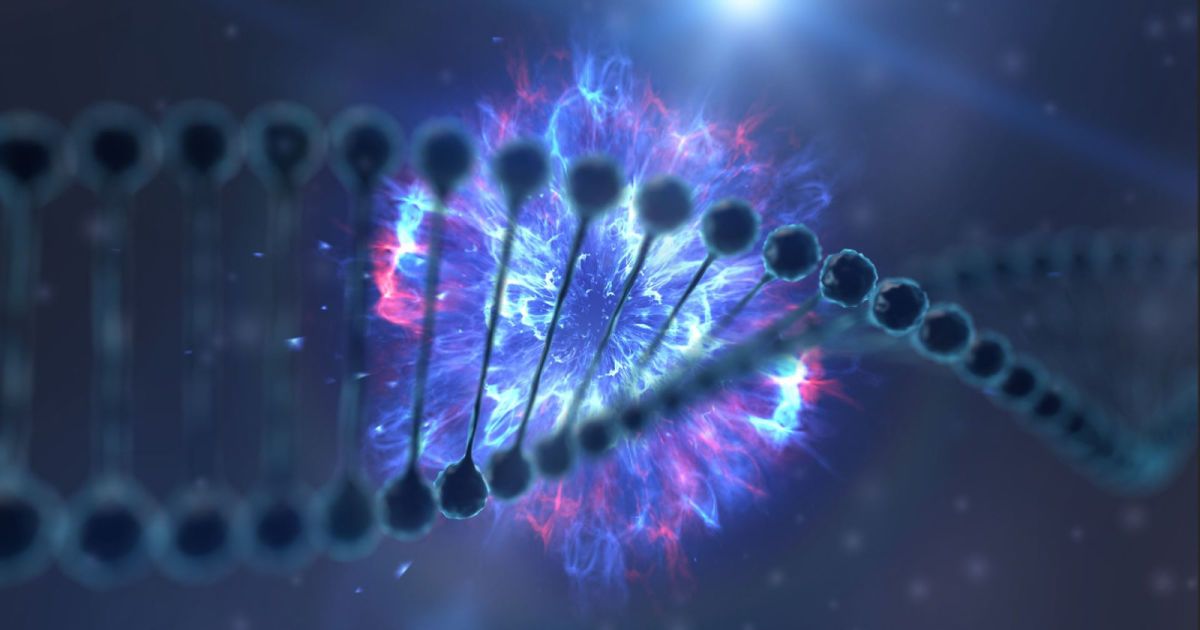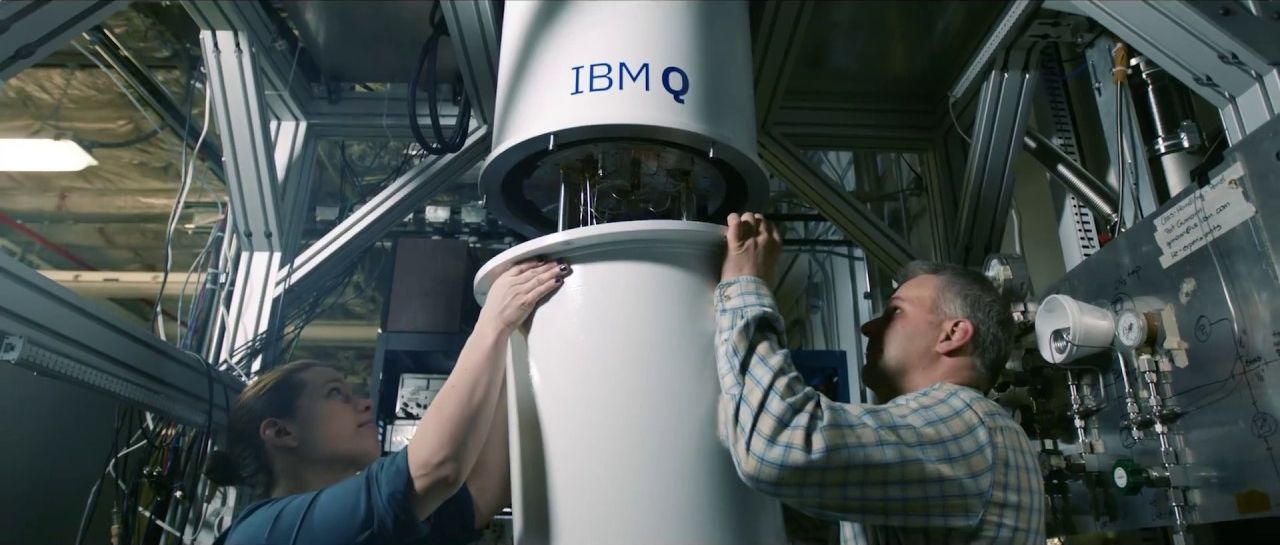Mar 6, 2017
3 Exciting Biotech Trends to Watch Closely in 2017
Posted by Klaus Baldauf in categories: biotech/medical, life extension
As I start to look at the emerging trends of 2017 from the vantage of IndieBio, where we see hundreds of biotech startup applications and technologies per year, a few key themes are already emerging. Even as political landscapes change, science and technology continue to push forward.
1. Cell Therapies and Regenerative Medicine
Most of us have seen science fiction shows that show future doctors regrowing and replacing entire organs. That fiction is now becoming a reality with cell therapies from companies like Juno (curing two infants with leukemia of their previously treatment resistant cancers with engineered T-cells), induced pluripotent stem cells (iPS) pioneered by the Nobel prize winning scientist, Shinya Yamanaka that can become any cell in the body, growing organoids (mini organs with some function of a fully grown organ like the stomach organoids grown by researchers in Ohio), and entirely re-grown organs.
Continue reading “3 Exciting Biotech Trends to Watch Closely in 2017” »
